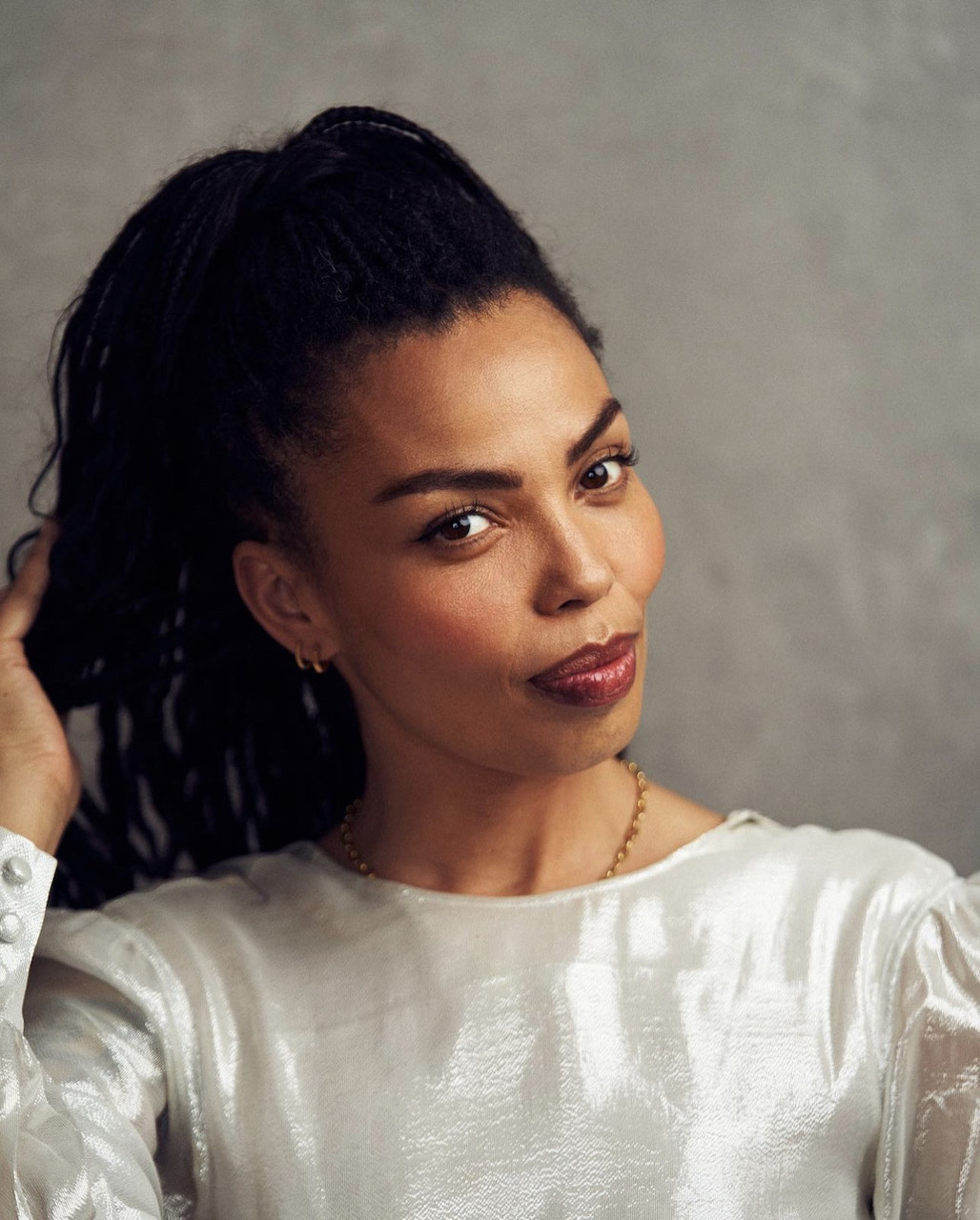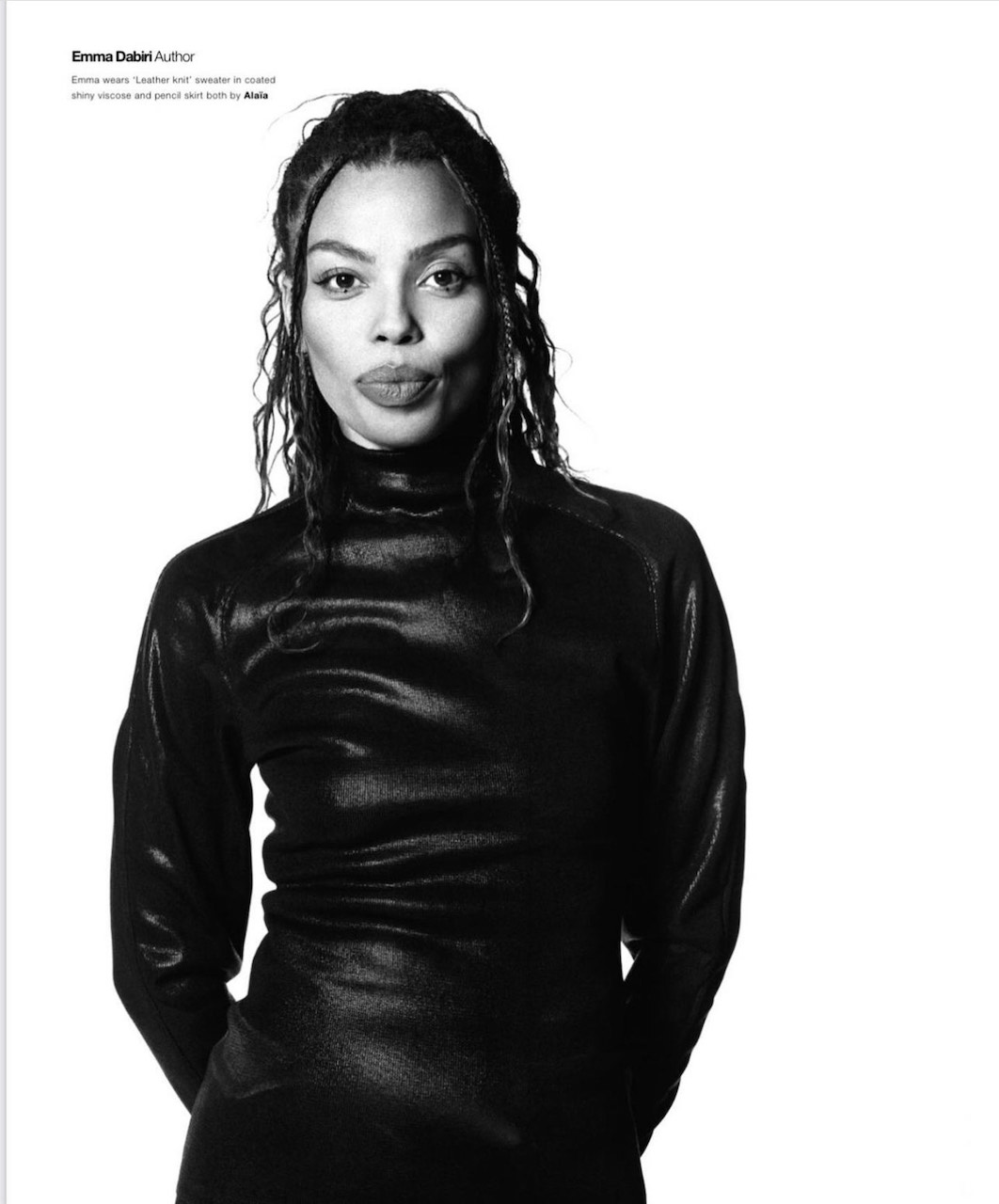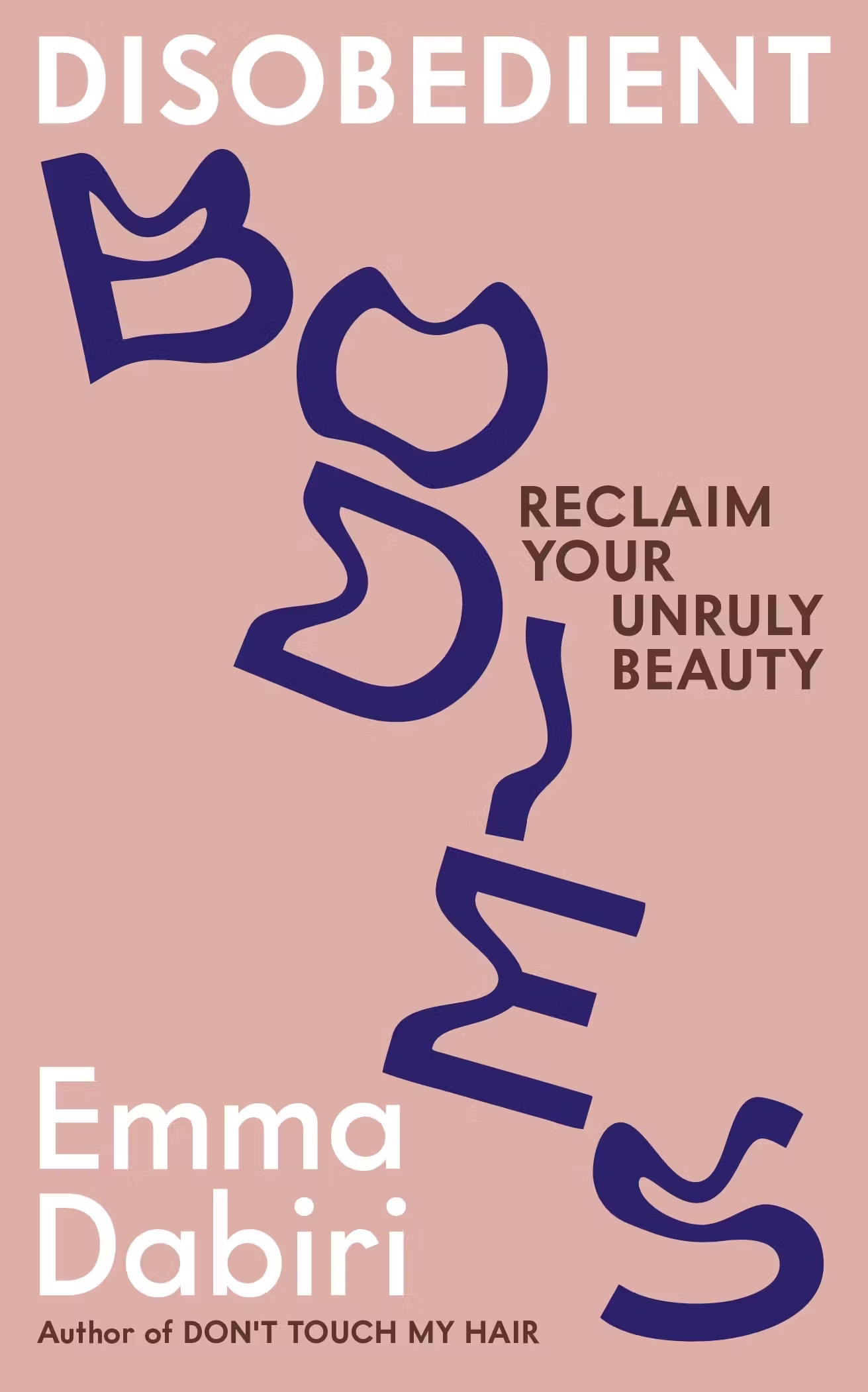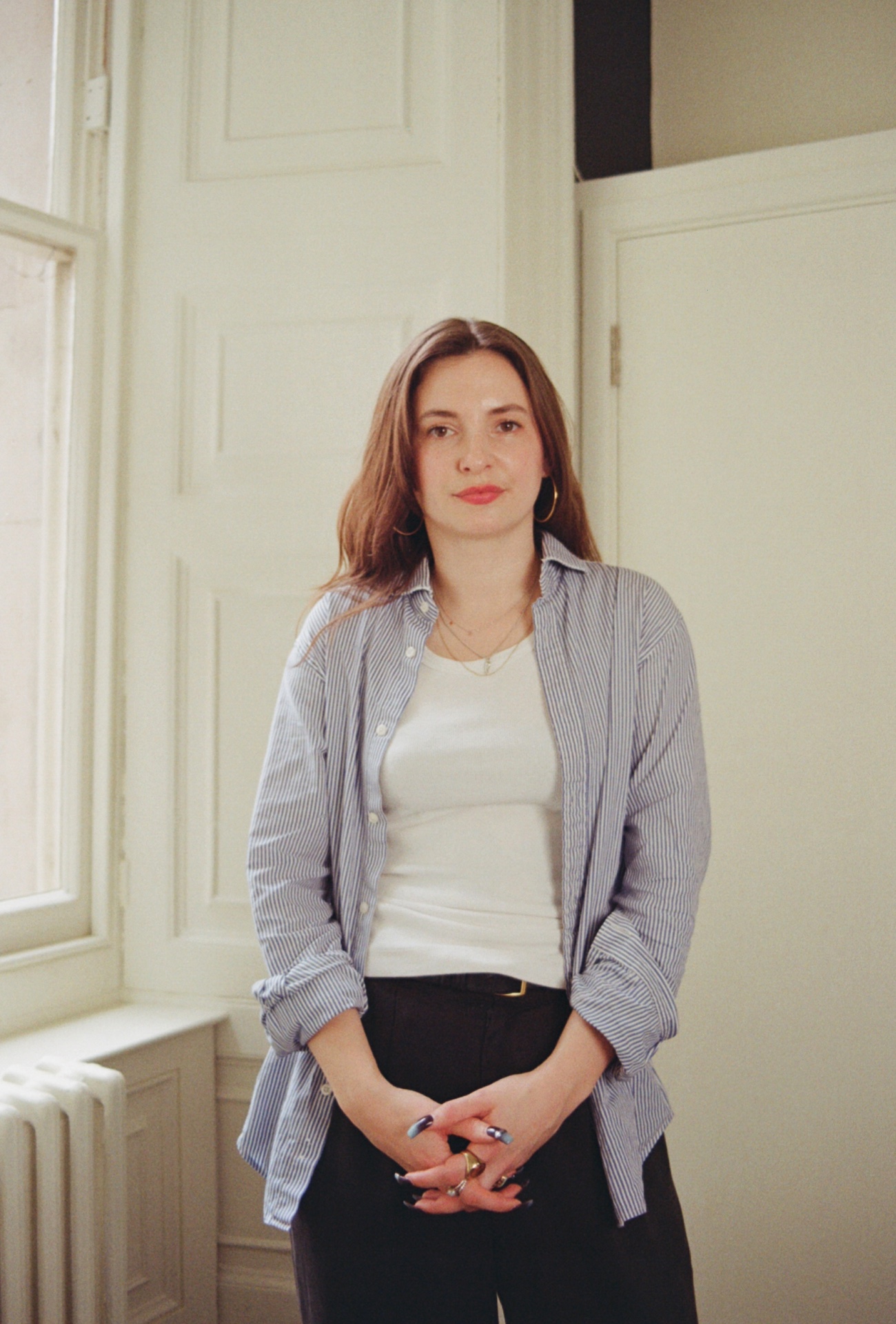

Interview author, academic, and broadcaster Emma Dabiri
Here, Dabiri tells The Wick why we need to expand our understanding of our minds and bodies, and which artist’s work she’d most like to own.
THE WICK:
Talk us through your typical Monday.
Emma Dabiri: I meditate, get the kids ready for school, hit the gym, go to my office or studio and get to work.
TW: With Mother’s Day approaching, can you tell us how your experiences of motherhood have changed your outlook as a person?
ED: Having my first son helped me focus and hone my sense of purpose. I also experienced a love I’d never known before. My second son added to that, which is why his name means “my joy has doubled.”
TW:
Your new book Disobedient Bodies encourages us to subvert beauty norms and celebrate our minds and bodies. How has your own relationship with these evolved? Did you ever have a lightbulb moment that encouraged you to think of them differently?
ED: It wasn’t so much a lightbulb moment as new ways of thinking that emerged from reading a lot of philosophy and critical theory. Many things we take for granted as foundational truths, such as beauty – and how the way a person looks determines the value attributed to things – are culturally specific rather than universal. In this case, it’s the result of something called ocularcentrism [or the privileging of vision over the other senses in Western cultures].
TW: In the book, you explore how in Western philosophy, the mind and body have historically been viewed as separate. Can you tell us how this differs in other cultures?
ED: Many cultures, particularly non-Western ones, traditionally have had a more holistic and less binary view of the world and so there is not this inherent separation and subsequent hierarchy.
“Having my first son helped me focus and hone my sense of purpose. I also experienced a love I’d never known before. My second son added to that, which is why his name means ‘my joy has doubled.'”











